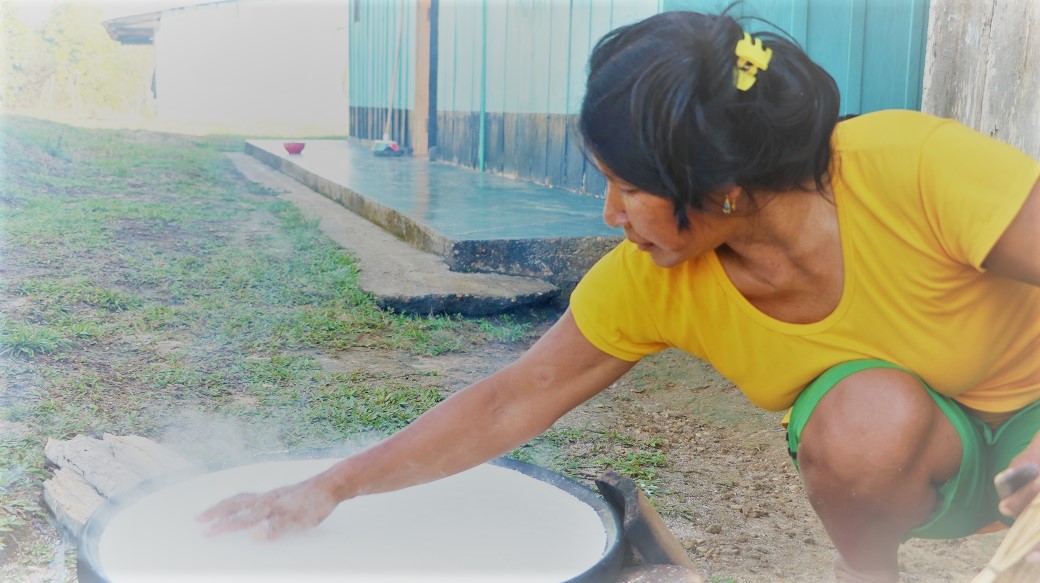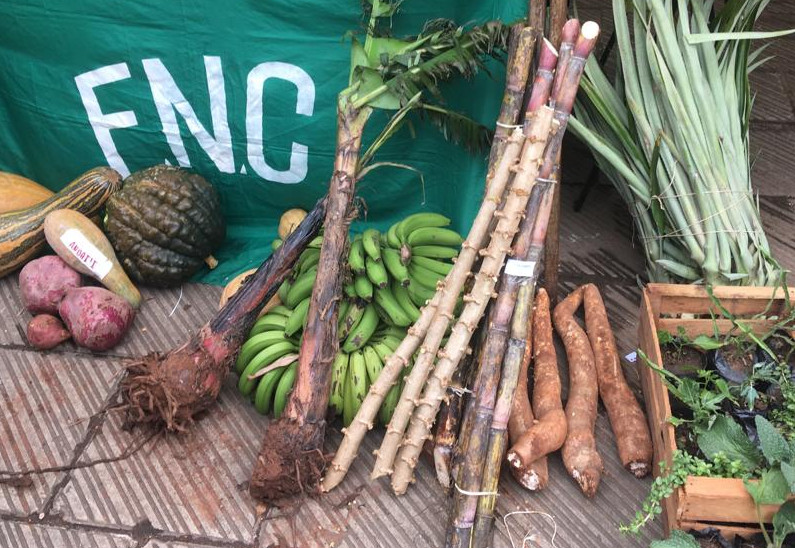Roots Newsletter August 2019: importance of Indigenous Peoples and community conservation finally recognised by IPCC
Espanol // Française // русский
Dear friends,
The publication of the IPCC’s latest report on land and climate change, which explicitly links the biodiversity and climate crises, joins up all of our key campaigns. From the impacts of tree plantations and the strong caution against Bionergy with Carbon Capture and Storage, to the need to shift agricultural production away from centralised, intensive meat production, to the need to acknowledge the important role played by Indigenous Peoples, local communities and women in biodiversity conservation and forest protection, there are a range of important conclusions that can be drawn on in future advocacy work. However, the report also missed an opportunity to be much more honest and explicit about the root causes of the multiple ecological and social crises the world faces due to the destructive and extractive ways that land is used globally, owing to strong vested interests in UN processes.
Ahead of the report launch, we worked with our CCRI partner groups and the Climate Land Ambition Rights Alliance (CLARA) to publish 10 case studies on rights-based climate actions that are being taken by communities that participated in the Community Conservation Resilience Initiative (CCRI). Together with a number of other CLARA case studies these form an impressive collection of local actions that, with the right kind of support and protection, could be scaled up to contribute significantly to socially-just and effective climate mitigation. One such example of this is the great work that our member group Heñoi Jey does in Paraguay. We were very happy to support this year’s National Native and Creole Seed Fair which showcased Paraguay’s important agro-biodiversity and celebrated collective efforts to confront colonialism, dependence on big agribusiness and the looting of natural resources.
The High-level Political Forum (HLPF) in New York in July was also an important event for us, where GFC and other Women2030 partners were very involved in the campaigns of the Women’s Major Group. With other partners in Women2030 we led the #HerstoryOfChange twitterstorm that showcased the inspiring and courageous stories of the lives and work of 12 women involved in the Women2030 programme. Later in the week as SDG 13 on climate action was being discussed, we published a photo essay with Indigenous Information Network on how indigenous women in Kenya are fighting for land rights and sustainable livelihoods. Another important event for our Women’s Rights and Empowerment campaign was “Unboxing Gender”, a meeting at the Dutch Ministry of Foreign Affairs (BUZA) where we presented on the gender work that GFC does across all of our campaigns.
Other key highlights of the past few months include the publication of our 2018 Annual Report, as well as Forest Cover 58 on large-scale cattle farming and its consequences for forests, agroecology and biodiversity, which is based on case studies carried out by members and allies in 6 different countries. GFC also participated in the Bonn climate negotiations in June, and published a blog ahead of it, calling on civil society to derail negotiations on market mechanisms and other false solutions. Together with our member groups Brighter Green and Friends of the Siberian Forests we organised a side event and exhibition highlighting the real drivers of deforestation, including subsidies for bioenergy and industrial livestock farming. We also launched the final CCRI country report on Sri Lanka on International Biodiversity Day, bringing the total to an impressive 22 country reports over the course of the project.
In April, we linked up with the regional Women’s Major Group at the “Forum of the Countries of Latin America and the Caribbean on Sustainable Development” in Santiago, and also participated in the 1st meeting of the People’s Summit (Cumbre de los Pueblos) that will coincide with UNFCCC COP25 in Santiago in December. In addition, we took part in two International Biomass Working Group initiatives, with a warning issued to potential biomass investors and a press release where international groups teamed up with locals in opposition to Nuon’s biomass plant in the Netherlands. Finally, we published a blog on a conference that our new colleague Linde Berbers was a participant at in Copenhagen, which brought groups together to “defend the defenders”.
We hope you enjoy this edition of Roots, and we would like to encourage our members to submit your news, publications and events for future editions. It’s easy, just e-mail us and we’ll include it!
In solidarity,
The GFC team
Publications
 |
Case studies on rights-based climate action for the IPCC Land report (8 August) |  |
Land rights and livelihoods key to achieving sustainable development for Kenya’s indigenous women (11 July) |
#HerstoryOfChange twitterstorm (8 July)
2018 Annual Report: Defending rights and the power of community conservation (19 June)
Our Biodiversity, Our Food, Our Health: community conservation in Sri Lanka (22 May)
From the blog
Events
National Native and Creole Seed Fair, Paraguay (27 July)
Driving deforestation: drifting away from real solutions to address the climate crisis (17 June)
News
Warning issued to investors: Forest biomass is risky business (2 May)
International groups team up with locals in opposition to Nuon Biomass Plant (12 April)
Share your news!
We encourage all of our members to send us your news, whether it be an event, a blog, a testimony, a photo essay or your press releases. We can help to share your campaign materials!
Contact us: gfc@globalforestcoalition.org














